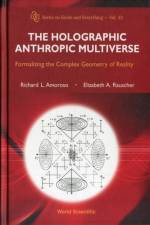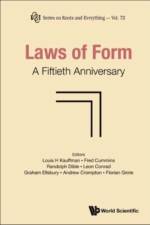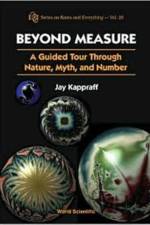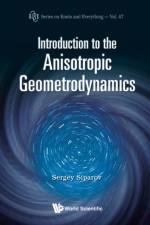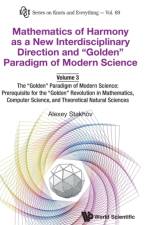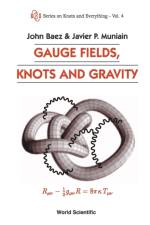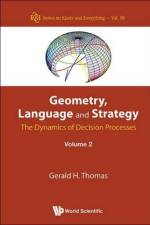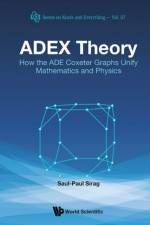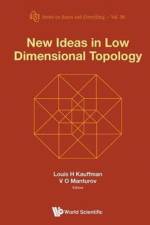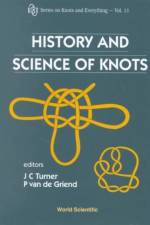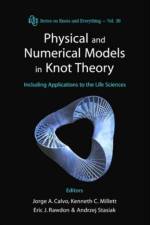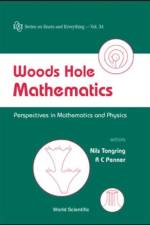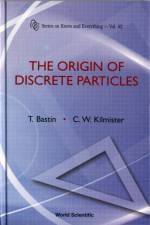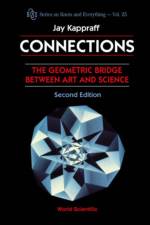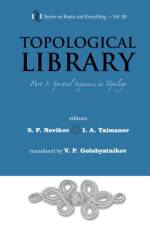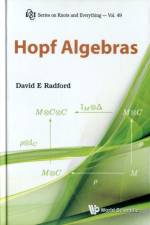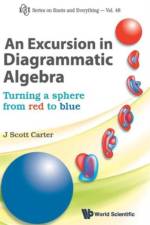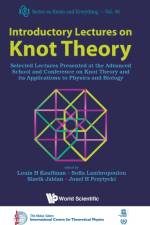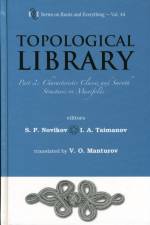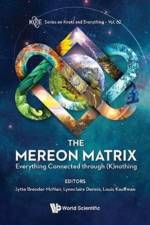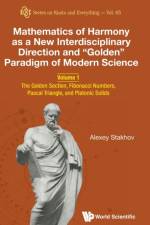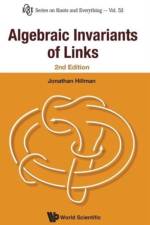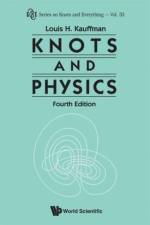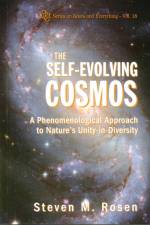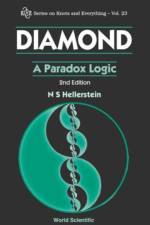3 861
In this richly illustrated book, the contributors describe the Mereon Matrix, its dynamic geometry and topology. Through the definition of eleven First Principles, it offers a new perspective on dynamic, whole and sustainable systems that may serve as a template information model. This template has been applied to a set of knowledge domains for verification purposes: pre-life-evolution, human molecular genetics and biological evolution, as well as one social application on classroom management.The importance of the book comes in the following ways:The dynamics of the geometry unites all Platonic and Kepler Solids into one united structure and creates 11 unique trefoil knots. Its topology is directly related to the dynamics of the polyhedra.The Mereon Matrix is an approach to the unification of knowledge that relies on whole systems modelling. it is a framework charting the emergence of the Platonic and Kepler solids in a sequential, emergent growth process that describes a non-linear whole system, and includes a process of 'breathing' as well as multiplying ('birthing');This dynamic/kinematic structure provides insight and a new approach to General Systems Theory and non-linear science, evolving through a new approach to polyhedral geometry. A set of 11 First Principles is derived from the structure, topology and dynamics of the Mereon Matrix, which serve well as a template information model.The Mereon Matrix is related to a large number of systems, physical, mathematical, and philosophical, and in linking these systems, provides access to new relationships among them by combining geometry with process thinking. The new perspective on systems is hypothesized as universal — this is, applicable in all areas of science, natural and social. Such applicability has been demonstrated for applications as diverse as pre-life evolution, biological evolution and human molecular genetics, as well as a classroom management system for the educational system.Care has been taken to use images and languaging that are understandable across domains, connecting diverse disciplines, while making this complex system easily accessible.

